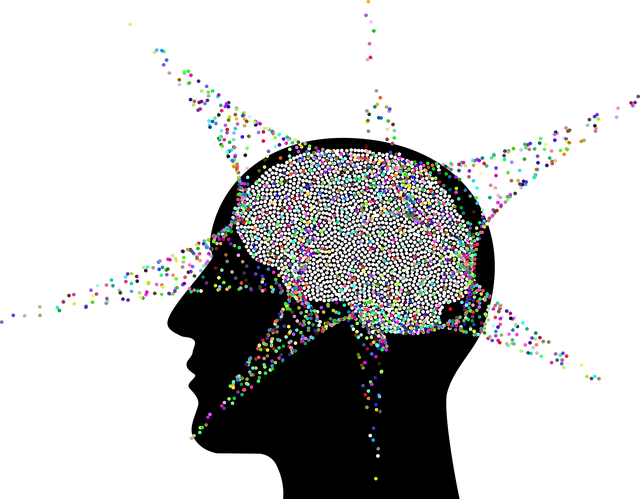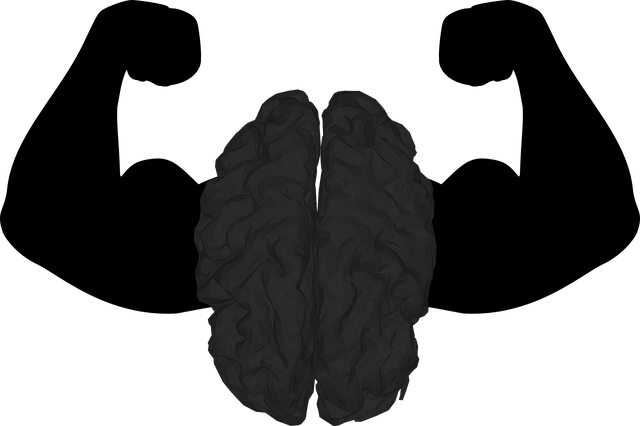Crisis Intervention Teams (CITs) in Northglenn are crucial for addressing Oppositional Defiance Disorder (ODD), offering specialized training in risk assessment and self-care. The Northglenn ODD therapy program, NODD, combines counseling and group therapy to disrupt negative thought patterns and teach mindfulness meditation, empowering youth with emotional regulation skills. Comprehensive CIT training incorporates conflict resolution, de-escalation strategies, compassion cultivation, and self-care practices to enhance mental health support in high-risk situations.
In today’s complex social landscape, crisis intervention teams (CITs) play a pivotal role in providing mental health support. These specialized groups are trained to swiftly de-escalate high-risk situations, focusing on individuals exhibiting signs of distress or aggression, especially youth with oppositional defiance disorder (ODD). This article explores the significance of CIT training programs, using Northglenn Oppositional Defiance Disorder Therapy as a case study, highlighting essential components for effective crisis management.
- Understanding Crisis Intervention Teams and Their Role in Mental Health Support
- Northglenn Oppositional Defiance Disorder Therapy: A Specialized Approach for Youth
- Essential Components of Effective Crisis Intervention Team Training Programs
Understanding Crisis Intervention Teams and Their Role in Mental Health Support

Crisis Intervention Teams (CITs) play a pivotal role in mental health support, especially when dealing with individuals exhibiting oppositional defiance disorder (ODD) or other challenging behaviors. These specialized teams are designed to quickly assess and de-escalate high-risk situations, providing immediate support and preventing potential crises. CIT training equips Northglenn mental health professionals with the skills necessary to conduct effective risk assessments, ensuring the safety of both clients and caregivers.
A core component of CIT training involves teaching self-care routine development for better mental health and fostering self-care practices among team members. This holistic approach recognizes that supporting those with ODD or related conditions requires not just crisis intervention but also proactive strategies to manage stress and maintain well-being. By integrating these practices, CITs are better equipped to navigate complex situations, ultimately enhancing their ability to offer comprehensive mental health support.
Northglenn Oppositional Defiance Disorder Therapy: A Specialized Approach for Youth

In Northglenn, a specialized approach to therapy for youth with Oppositional Defiance Disorder (ODD) has emerged as a beacon of hope. The program focuses on addressing the unique challenges faced by young individuals struggling with ODD, aiming to improve self-esteem and overall mental health. This intensive therapy integrates various evidence-based techniques tailored to disrupt negative thought patterns and behaviors commonly associated with ODD. By combining individual counseling sessions with group therapy, Northglenn Oppositional Defiance Disorder Therapy (NODD) offers a comprehensive framework that not only manages symptoms but also fosters personal growth.
The NODD program incorporates mental health education programs designed to enhance mindfulness meditation practices. This dual approach empowers youth to develop coping strategies that promote emotional regulation and stress reduction. Through interactive activities and guided meditations, participants learn to cultivate awareness of their thoughts and emotions, enabling them to make more positive choices in their daily lives. As a result, the program not only assists in managing ODD but also equips young people with lifelong skills for improving mental well-being.
Essential Components of Effective Crisis Intervention Team Training Programs

Effective crisis intervention team (CIT) training programs are multifaceted and comprehensive, designed to equip professionals with the skills needed to navigate and de-escalate intense situations. A strong CIT program incorporates several essential components, including evidence-based techniques for conflict resolution, de-escalation strategies tailored to diverse populations, and robust emotional well-being promotion techniques. By prioritizing both technical proficiency and interpersonal skills, these programs foster a culture of compassion cultivation practices among team members, minimizing the risk of burnout and enhancing their ability to provide effective Northglenn Oppositional Defiance Disorder therapy. Furthermore, integrating practices that prioritize self-care ensures professionals can sustain their own emotional resilience while supporting others in crisis.
Crisis intervention team (CIT) training programs play a pivotal role in equipping professionals with the skills to handle mental health crises effectively. As highlighted by Northglenn Oppositional Defiance Disorder Therapy, specialized approaches can significantly impact youth support. Essential components of CIT training include comprehensive curriculum, practical simulations, and ongoing support for trainees. By focusing on these aspects, training programs ensure that teams are prepared to provide timely and appropriate interventions, ultimately enhancing the well-being of individuals facing mental health challenges.














